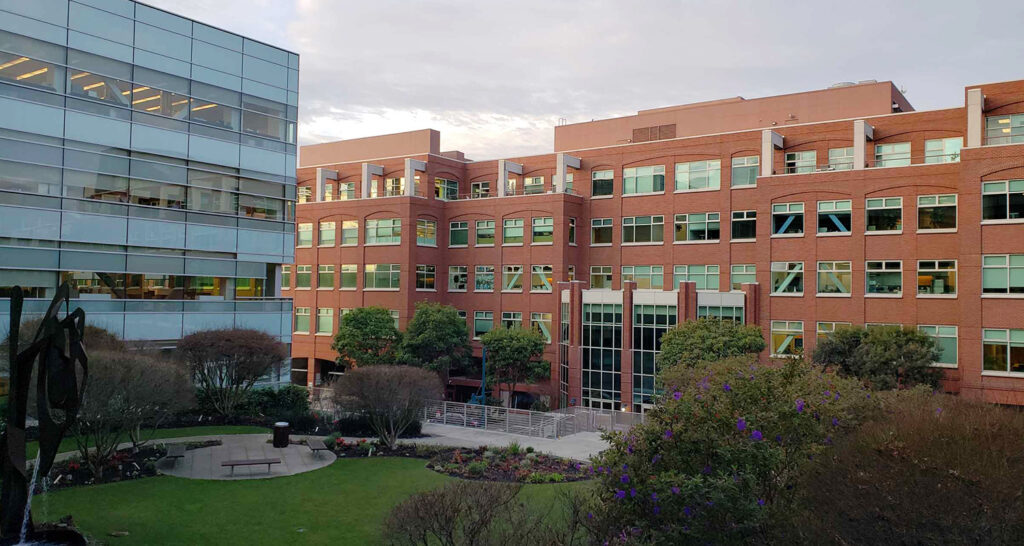The Amazon Science Museum maintains a close relationship with the private sector based on innovation and sustainable development. Currently, the museum has the participation of MAD – Made In Amazônia, a company established in Pará, which produces cyanobacteria and extracts for the superfood sector.
More recently, MuCA established a partnership with Amyris Brasil, an American conglomerate established in the Silicon Valley, with a national laboratory. Focused on the development of nutraceuticals, beauty products and natural aromas of high efficiency and low impact on the planet, the multinational has been betting on the productive potential of the Amazon for product development.
One example is Squalane moisturizing oil, developed by Amyris from plants. By using biotechnology, scientists from the American company managed to develop a vegan biogeneric, produced in an ecologically correct, stable and sustainable way. This discovery made it possible to fight against the extraction of the emollient from the liver of sharks, preventing the slaughter of 2 million animals of this species per year.
Spirulina, developed by MAD, is another good example of how companies can work in the forest. The production of this antioxidant, anti-inflammatory and immune system strengthening supplement introduced the concept of regenerative agriculture in the Amazon. Thus, has allowed the extraction in parallel to the soil recovery and the regeneration and maintenance of the whole production chain.
These partnerships highlight the importance of bioeconomy as a tool for preservation of standing forest. There is a huge variety of species and crops that are still unexplored. It is up to science to provide paths for these new forms to evolve.
